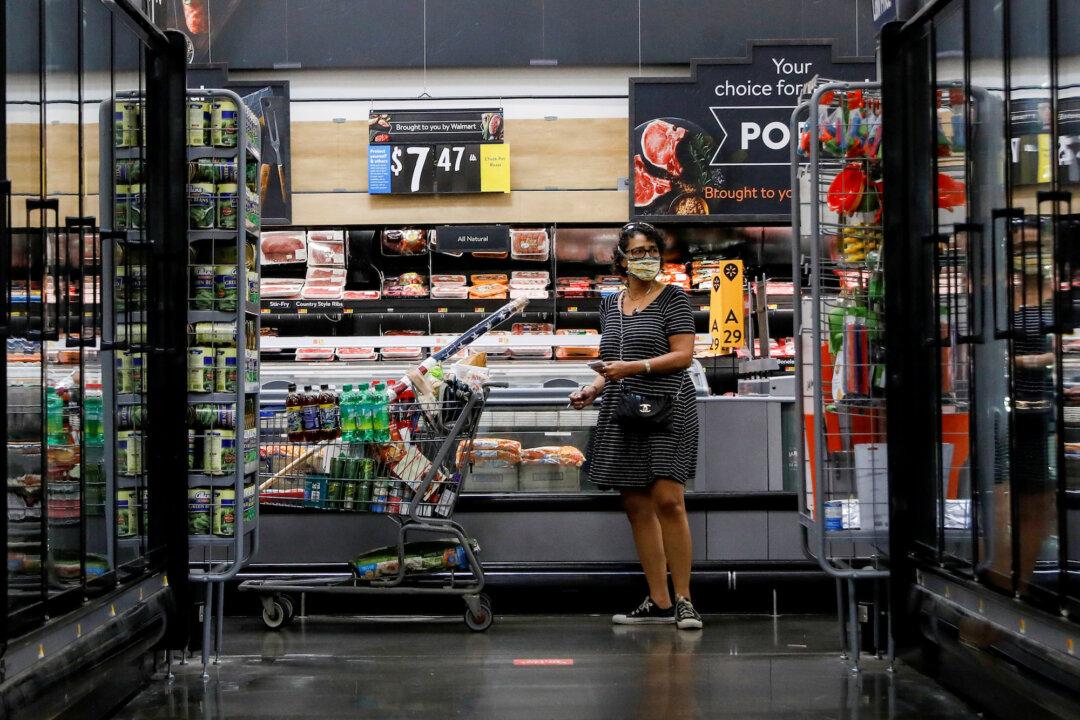New government data shows U.S. consumer spending in July grew by a lackluster 0.3 percent, a far slower pace than the 1.1 percent pace of growth in the prior month and a sign that the economic recovery may be losing steam in the third quarter as the Delta variant spreads.
The Commerce Department said in a release Friday that consumer spending, which accounts for around two-thirds of U.S. economic growth, rose $42.2 billion in July, or a modest 0.3 percent over the month. A separate sentiment gauge from the University of Michigan showed American consumer confidence fell sharply in August.





